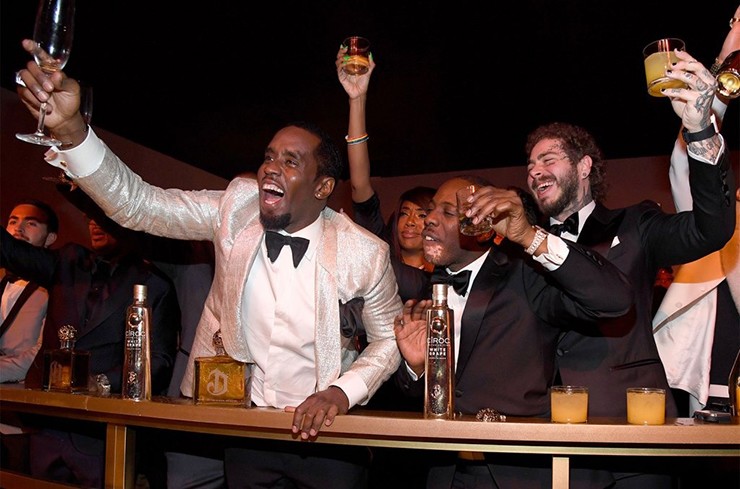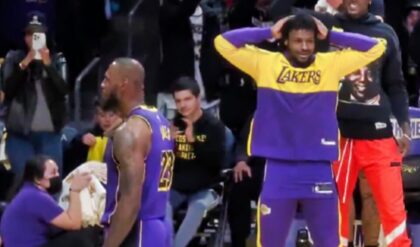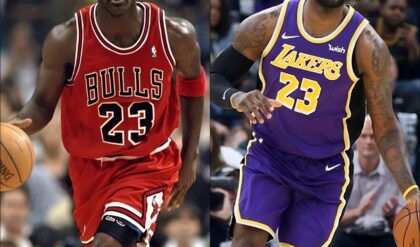In recent months, Sean “Diddy” Combs has found himself embroiled in a scandal that has sent shockwaves through the music and entertainment industry. What began as murmurs and civil lawsuits has rapidly escalated into serious criminal allegations, putting Diddy at risk of spending decades behind bars. Once thought to be untouchable due to his immense wealth and celebrity status, Diddy now faces reality as accusations of human trafficking, sexual assault, and illegal substance possession loom over him. His application for bail, a staggering $50 million with stringent conditions, has been outright rejected by the court, primarily because of his alleged history of intimidating witnesses and victims, showcasing a dangerous pattern that raises fears about his potential to manipulate the legal process.

The mounting evidence against Diddy, including text messages that unveil a disturbing trend of psychological manipulation and direct threats toward alleged victims, significantly exacerbates his plight. In a particularly alarming instance, Diddy purportedly threatened one victim by revealing his knowledge of her family’s whereabouts, portraying a behavior that questions not only his character but the very dynamics of power within the industry he once dominated. As Diddy awaits trial, he has been placed on suicide watch, indicating the immense psychological strain he is under. With whispers of increased tensions within the prison environment, it seems his fall from grace has left him vulnerable to exploitation by other inmates.

Adding complexity to this already tangled web are the names of high-profile individuals from Diddy’s past, notably Jennifer Lopez and Young Miami. The resurfacing of Lopez’s name connected to a notorious incident from 1999, where gunfire erupted in a New York club, raises troubling implications about her potential involvement. Meanwhile, Young Miami faces allegations suggesting she facilitated drug transportation for Diddy, further igniting discussions about the extent of complicity among those within Diddy’s circle. With allegations touching on themes of collective responsibility and accountability, the entertainment industry stands at a critical juncture as it grapples with the repercussions of protecting its most powerful figures for far too long.
Adding fuel to the fire, figures like R. Kelly and Charlamagne Tha God have come to Diddy’s defense, albeit under questionable circumstances given their own controversial backgrounds. Their attempts to frame the allegations as media conspiracies not only seem opportunistic but also highlight the troubling narrative that seeks to downplay severe accusations in favor of solidarity among the implicated. This disturbing trend underscores the urgent need for transparency and accountability within the industry, as many feel that the voices of victims have been stifled for generations.
Diddy’s case could prove to be a transformative moment for the entertainment industry, possibly opening the door to a new standard of accountability for public figures. The unfolding trial may lead to increased scrutiny and pressure on other celebrities, as the ripple effects of this scandal have the potential to reshape the dynamics of power and influence in Hollywood. As Diddy’s story continues to unravel, it invites a broader conversation around celebrity culture and its intersections with abuse, manipulation, and the often-muted cries of victims seeking justice. With heightened awareness and accountability marking this era, it is hoped that more individuals will find the courage to share their experiences and seek redress, thereby redefining the landscape of the entertainment industry moving forward.





